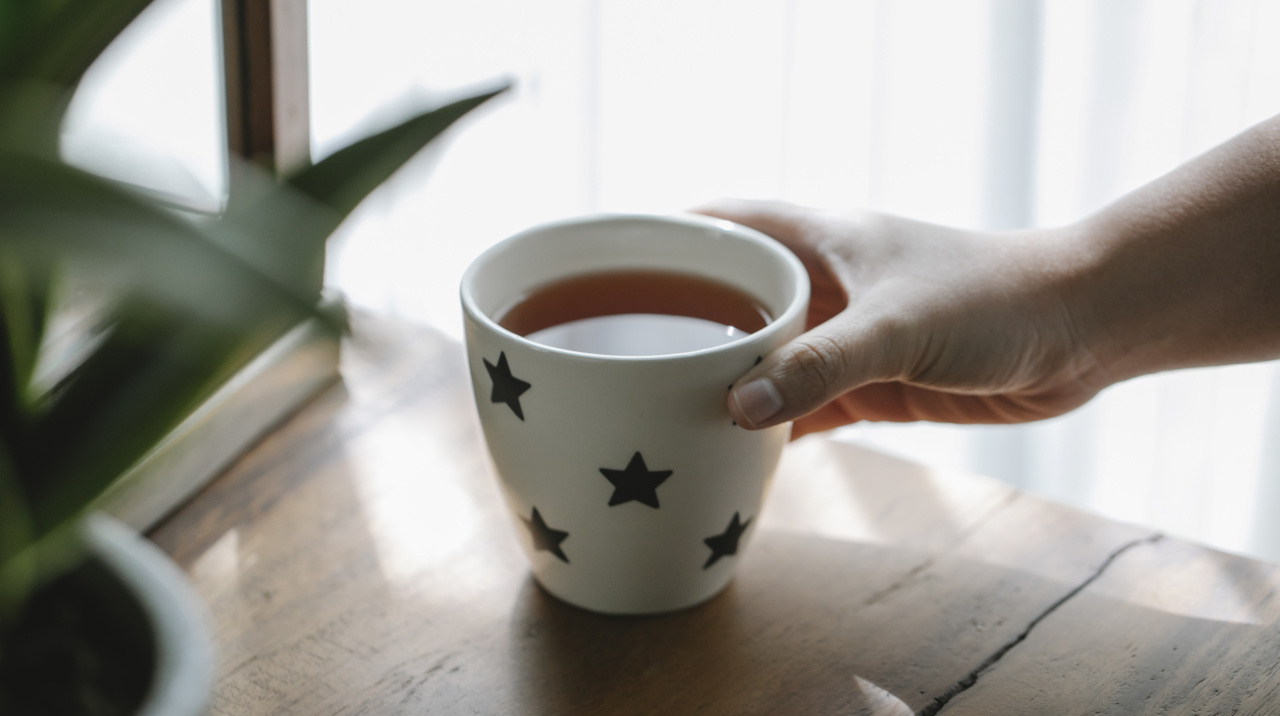High blood pressure is a common condition that can lead to serious health issues if left unmanaged.
While medication is often prescribed to regulate blood pressure levels, many people are turning to herbal teas as a natural and holistic approach to managing this condition. In this article, we will explore some of the best herbal teas for regulating high blood pressure and their potential benefits.
1. Hibiscus Tea
Hibiscus tea, made from the vibrant petals of the hibiscus flower, has been shown to have significant effects on blood pressure.
Several studies have found that regularly consuming hibiscus tea can help lower both systolic and diastolic blood pressure levels. This is due to the presence of anthocyanins, which are powerful antioxidants that help relax blood vessels and improve blood flow.
2. Green Tea
Green tea is widely known for its numerous health benefits, and regulating blood pressure is one of them.
The catechins found in green tea have been shown to reduce blood pressure levels by improving the function of endothelial cells, which line the blood vessels. This, in turn, promotes better blood flow and lowers blood pressure.
3. Dandelion Tea
Dandelion tea is a herbal remedy that has been used for centuries to support overall cardiovascular health. It acts as a natural diuretic, promoting increased urine production and helping to reduce excess fluid in the body.
By reducing fluid retention, dandelion tea can help lower blood pressure levels and relieve strain on the cardiovascular system.
4. Hawthorn Tea
Hawthorn tea is derived from the berries, leaves, and flowers of the hawthorn plant. It has been used in traditional medicine for its cardiovascular benefits, including regulating blood pressure.
Hawthorn tea contains flavonoids that help dilate blood vessels, reduce inflammation, and improve blood flow. Regular consumption of hawthorn tea has been linked to lower blood pressure levels and improved heart health.
5. Olive Leaf Tea
Olive leaf tea is gaining popularity for its antioxidant properties and potential cardiovascular benefits. It contains compounds like oleuropein, which have been shown to lower blood pressure levels by relaxing blood vessels and reducing inflammation.
Olive leaf tea also helps improve blood flow, making it a promising herbal tea for individuals with high blood pressure.
6. Cat’s Claw Tea
Cat’s claw tea, derived from the bark and root of the cat’s claw vine, has long been used in traditional medicine to support cardiovascular health.
It contains compounds called pentacyclic oxindole alkaloids, which have been found to have antihypertensive effects. Regular consumption of cat’s claw tea may help lower blood pressure levels and improve overall heart health.
7. Lemon Balm Tea
Lemon balm tea is known for its calming properties and is often used to reduce anxiety and promote relaxation.
These benefits can indirectly contribute to regulating blood pressure levels, as stress and anxiety can cause temporary spikes in blood pressure. By promoting a sense of calm and relaxation, lemon balm tea may help lower blood pressure in individuals prone to stress-induced hypertension.
8. Passionflower Tea
Passionflower tea is another herbal remedy that can help manage high blood pressure by promoting relaxation and reducing anxiety. It contains flavonoids and alkaloids, which have been found to have sedative effects.
By calming the nervous system, passionflower tea can help lower blood pressure and support overall cardiovascular health.
9. Ginger Tea
Ginger tea is known for its anti-inflammatory properties and has been shown to have a positive impact on cardiovascular health.
It helps improve blood circulation, reduce inflammation, and relax blood vessels, all of which contribute to regulating blood pressure levels. Regular consumption of ginger tea may help lower blood pressure and improve overall cardiovascular function.
10. Chamomile Tea
Chamomile tea is widely recognized for its calming properties and ability to promote better sleep. Similar to lemon balm tea, it indirectly helps regulate blood pressure by reducing stress and anxiety.
By promoting relaxation and better sleep quality, chamomile tea may help manage high blood pressure levels in individuals prone to stress-related hypertension.
Conclusion
Incorporating herbal teas into your daily routine can be a beneficial strategy for managing high blood pressure naturally.
While these teas can offer support, it is important to consult with a healthcare professional before making any significant changes to your routine or if you are already on medication. Regular monitoring of blood pressure levels is essential, and herbal teas should be viewed as a complementary approach to be used in conjunction with other hypertension management strategies.






























